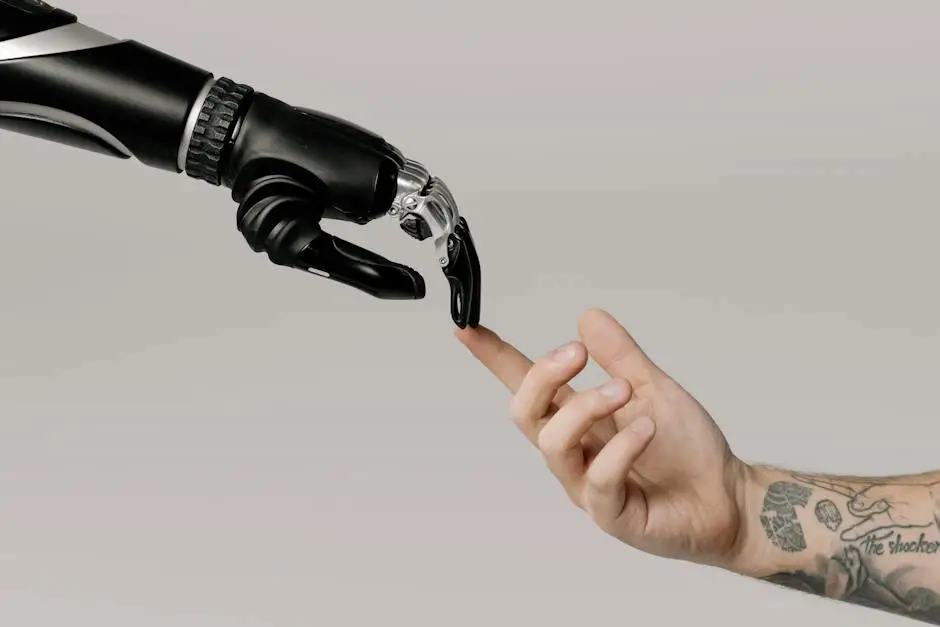Artificial Intelligence (AI) has rapidly become a prominent topic in today’s technological landscape. AI refers to the simulation of human intelligence in machines that are programmed to think and act like humans. This technology has the potential to revolutionize various industries and change the way we live and work.
One of the key areas where AI is making a significant impact is in the field of healthcare. AI-driven technologies are being used to diagnose diseases, develop personalized treatment plans, and improve patient outcomes. Additionally, AI is being utilized in drug discovery and development, leading to the creation of new and more effective medicines.
In the realm of business and finance, AI is being employed to automate repetitive tasks, analyze data, and make predictions. This has led to increased efficiency and productivity, as well as the ability to make more informed decisions. Furthermore, AI is being used to enhance customer service through chatbots and virtual assistants, providing quick and accurate support to users.
The implementation of AI in transportation and automotive industries has led to the development of self-driving cars and trucks. These vehicles have the potential to make transportation safer and more efficient, as well as reduce traffic congestion and emissions. Additionally, AI is being used to optimize logistics and supply chain management, improving the movement of goods and reducing costs.
In conclusion, AI is shaping the future in a profound way, with its potential to transform various industries and improve the quality of life for people around the world. As the technology continues to advance, it is important to consider the ethical and societal implications of its widespread adoption. With the right approach, AI has the power to bring about positive change and innovation in countless areas.




